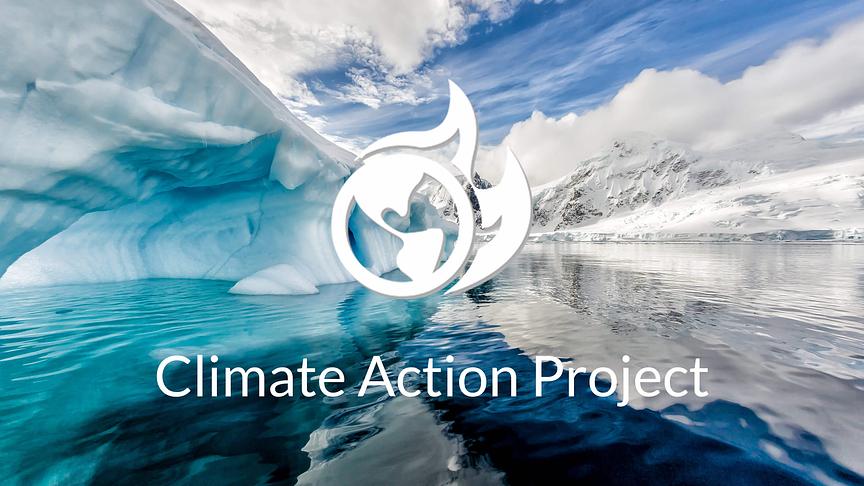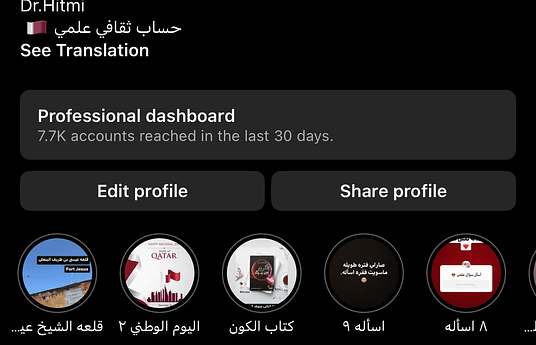CAP is a six-week, global initiative that engages classrooms of all age levels in the creation of solutions to climate change. Using a project-based learning approach, students explore the causes and impacts of climate change while developing practical, locally relevant solutions that respond to real-world environmental challenges. The program emphasizes critical thinking, collaboration, and action, enabling learners to move beyond awareness toward measurable climate impact.
It also provides a comprehensive professional development pathway for educators seeking to effectively integrate climate action into their teaching practice. Participating teachers receive immediate, free access to curriculum materials, lesson plans, and a dedicated virtual platform that supports collaboration with peers and facilitates connections with partner classrooms for virtual exchange activities.
To ensure high-quality implementation, TAG offers virtual orientation sessions and expert-led webinars throughout the program cycle. These sessions equip educators with pedagogical guidance, implementation strategies, and ongoing support, strengthening their confidence and capacity to deliver climate education in diverse classroom contexts.
To further enhance learning and accountability, TAG has developed the EarthProject app, a free digital tool that supports students and teachers in tracking carbon footprints and measuring the impact of climate actions implemented at school. While the app is available to the general public, its integration with CAP enables the collection of meaningful, aggregated data that quantifies carbon reductions resulting from student-led initiatives.
When used in conjunction with CAP, the EarthProject app transforms climate education into a data-informed, action-oriented experience, providing program participants – and stakeholders – with tangible evidence of environmental impact and reinforcing the connection between learning and real-world outcomes.



